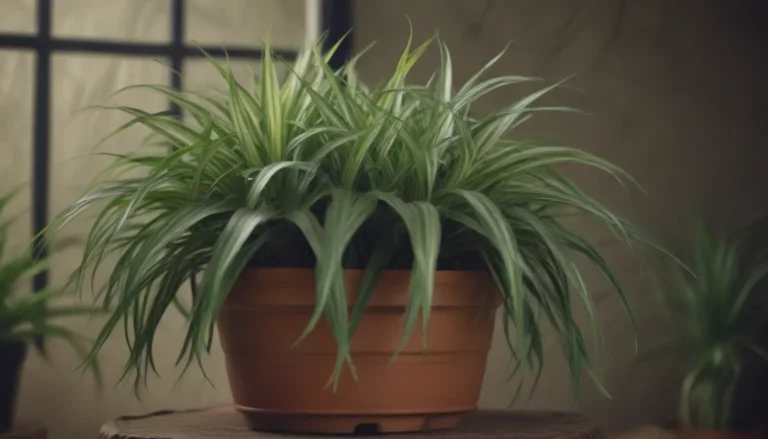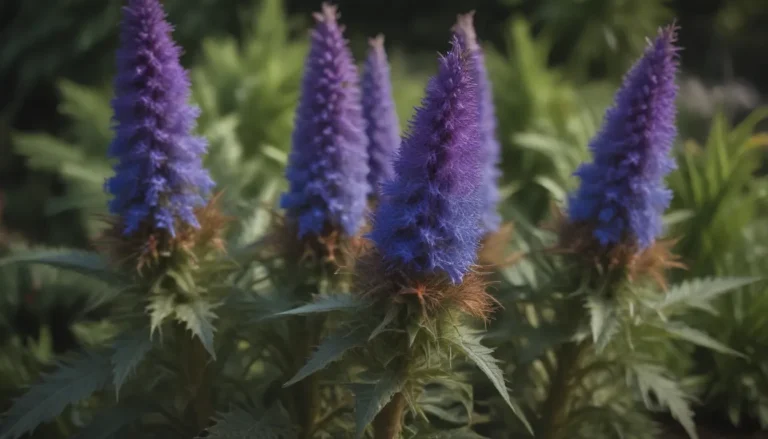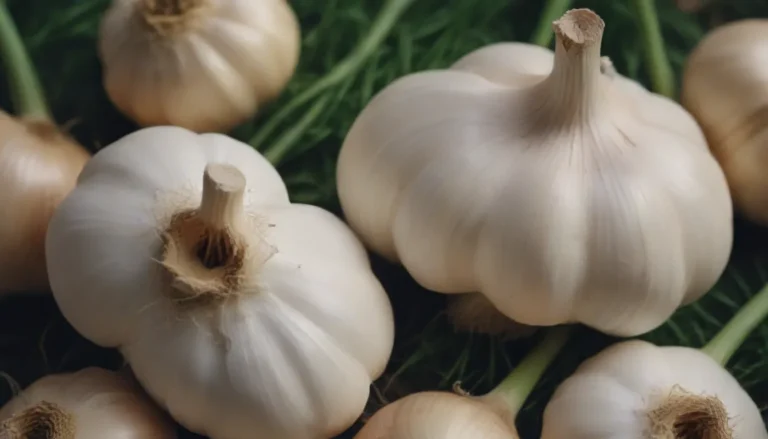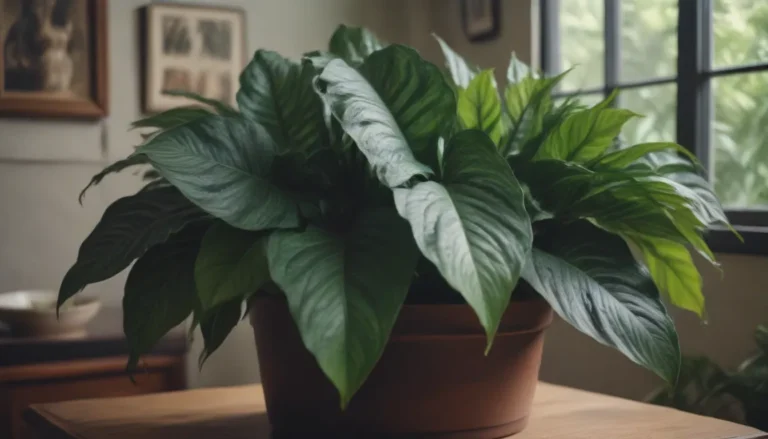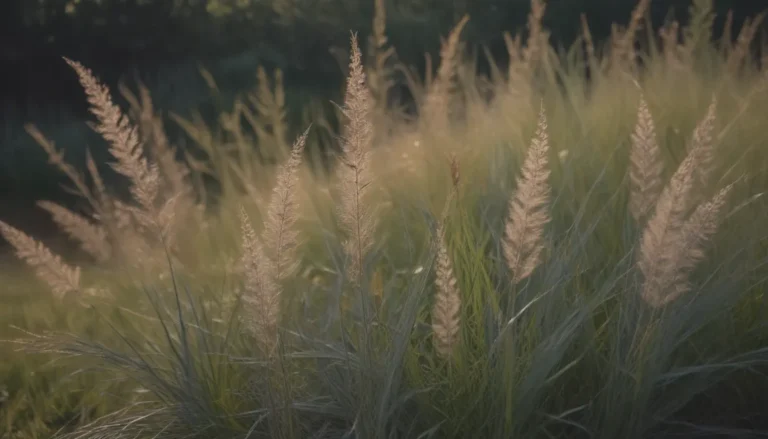A Complete Guide to Growing and Caring for Dragon Lily Plants
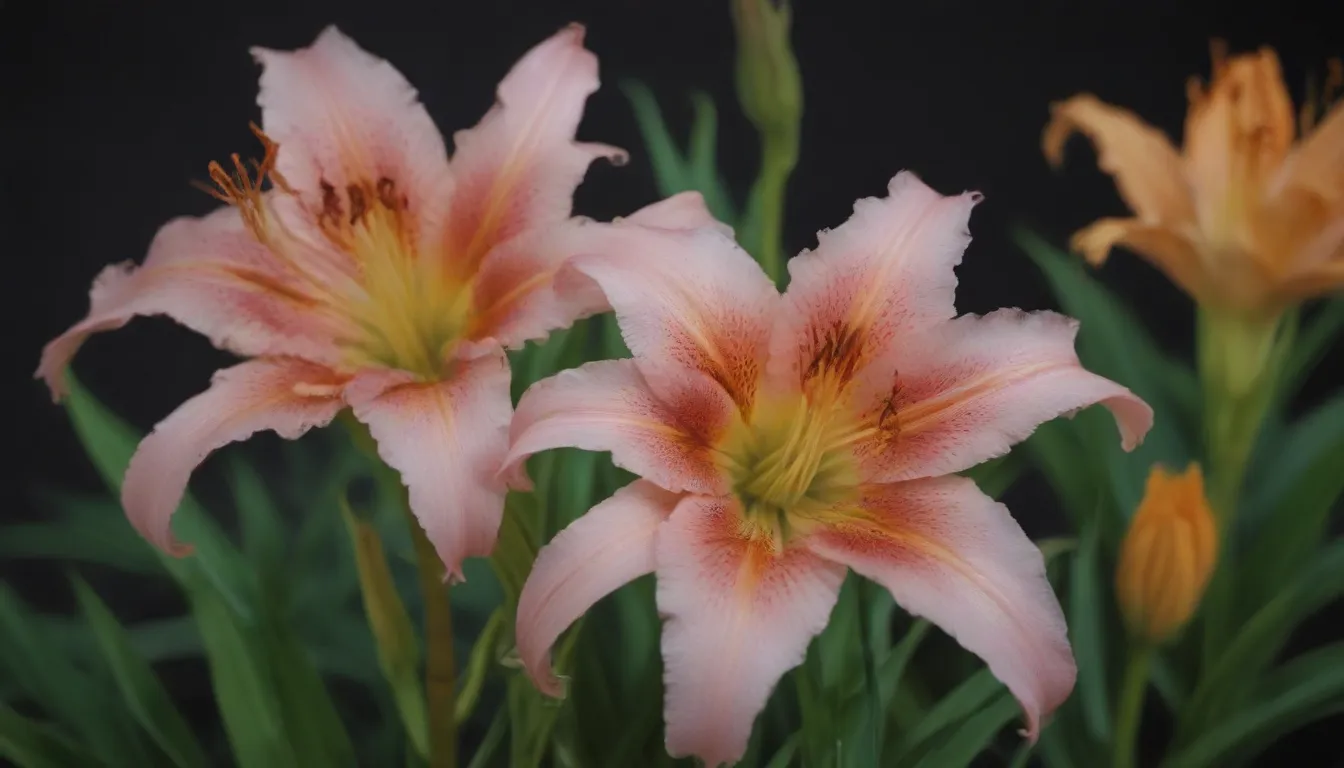
If you’re looking to add a touch of exotic beauty to your garden, the dragon lily plant is a perfect choice. With its unique appearance and stunning blooms, this plant is sure to be a showstopper in any garden. In this comprehensive guide, we will take you through everything you need to know about growing and caring for dragon lily plants, from planting to propagation.
Getting to Know the Dragon Lily Plant
The dragon lily, also known as Dracunculus vulgaris or dragon arum, is a fascinating plant that is sure to capture your attention. This plant is characterized by its large size, reaching up to 6 feet tall, and its elongated, broad leaves. However, it is the flower of the dragon lily that steals the spotlight. Resembling a peace lily, the dragon lily produces a large, conical bract or spathe in deep maroon or black-purple coloring that can grow up to 2 feet long. Inside the spathe is a long, black appendage called the spadix that contains the actual inconspicuous, unisexual flowers.
While the dragon lily’s blooms are truly unique, it is important to note that the plant emits a less-than-pleasant smell when in bloom, often described as similar to rotting meat. This smell is used to attract flies for pollination, so it is best to keep the plant away from areas where the scent may be bothersome.
Dragon Lily Care Tips
Despite its exotic appearance, the dragon lily is relatively easy to care for, making it a great choice for both beginner and experienced gardeners. Here are some tips on how to care for your dragon lily plant:
Planting
- Plant the tuber about 3 inches deep in well-draining soil, ensuring the pointed end is facing up.
- Plant in early fall to give the plant time to establish before winter.
- Water consistently and provide ample sunlight for optimal growth.
Light
- Dragon lily plants prefer full sun but can tolerate partial shade.
- Plants grown in full sun will require more water than those in partial shade.
Soil
- Opt for rich, moist, well-draining soil for your dragon lily plant.
- The plant is tolerant of various soil conditions but thrives in moist soil.
Water
- Water consistently to keep the soil damp but not overly wet.
- Avoid soggy soil, as it can cause the tubers to rot.
Temperature and Humidity
- Dragon lilies thrive in hardiness zones 7 to 10 but can be grown further north with proper winter protection.
- Apply a thick layer of mulch to insulate the plant during colder months.
- The plant enjoys humidity due to its natural habitat near water sources.
Fertilizer
- Provide rich organic matter or compost to nourish your dragon lily plant.
- Mix in well-balanced fertilizer during the spring for added nutrients.
Dragon Lily Plant Toxicity and Propagation
It is important to mention that the dragon lily plant can cause skin irritation when touched and is toxic to animals if ingested. However, animals typically steer clear of this plant due to its foul smell.
Propagation of the dragon lily plant is relatively simple and is often done through division or from offsets. Here are some tips on propagating dragon lily plants:
- Divide the plant in either spring or fall for best results.
- Wear gloves when handling the plant to avoid skin irritation.
- Self-seeding is also common among dragon lily plants.
Growing Dragon Lilies in Containers
Despite their large size, dragon lily plants can thrive in containers, making them a versatile addition to any garden or patio. Here are some tips for growing dragon lilies in containers:
- Choose a pot with a drainage hole to allow excess water to escape.
- Mix fertilizer or organic material into the potting soil before planting.
- Water thoroughly and ensure the soil does not dry out.
- Place the container in a sunny location for optimal growth.
By following these care tips and guidelines, you can enjoy the beauty of dragon lily plants in your garden while ensuring they thrive in their environment. With proper care and attention, your dragon lilies will reward you with their unique blooms and vibrant foliage. Happy gardening!
